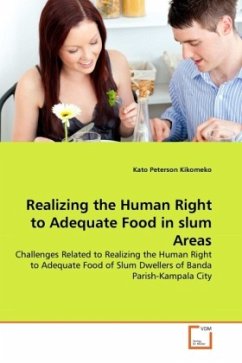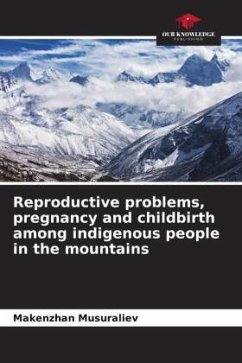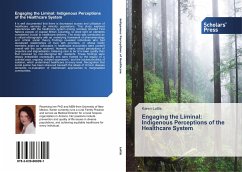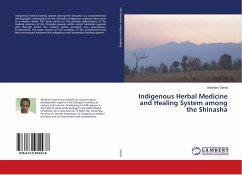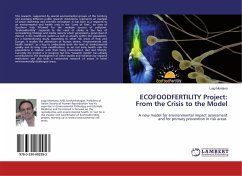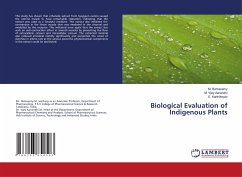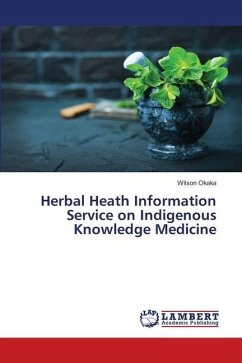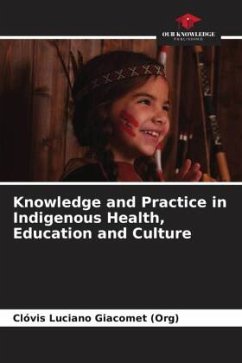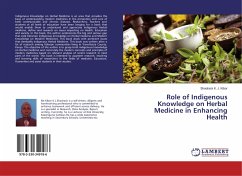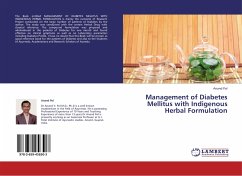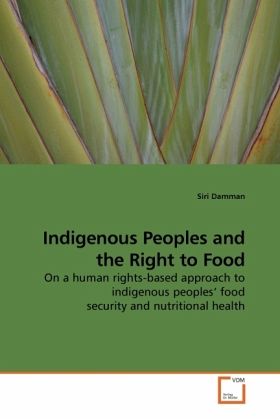
Indigenous Peoples and the Right to Food
On a human rights-based approach to indigenous peoples food security and nutritional health
Versandkostenfrei!
Versandfertig in 6-10 Tagen
45,99 €
inkl. MwSt.

PAYBACK Punkte
23 °P sammeln!
How can the state contribute to food security and an adequate standard of living among indigenous peoples, while at the same time ensuring their right to uphold their traditions, cultures and livelihoods? Through an analysis of data from countries in the Americas the author shows that a gap exists between indigenous and non-indigenous children with regard to infant mortality and malnutrition. Examples from the Kolla in Argentina and the Inuit in Canada show that government policies implemented in indigenous areas at times have affected their food insecurity negatively, or contributed to cultur...
How can the state contribute to food security and an adequate standard of living among indigenous peoples, while at the same time ensuring their right to uphold their traditions, cultures and livelihoods? Through an analysis of data from countries in the Americas the author shows that a gap exists between indigenous and non-indigenous children with regard to infant mortality and malnutrition. Examples from the Kolla in Argentina and the Inuit in Canada show that government policies implemented in indigenous areas at times have affected their food insecurity negatively, or contributed to culture loss. Policies and programs to alleviate indigenous poverty should be targeted and informed by local circumstances. National poverty surveys may fail to capture the indigenous reality and what constitutes poverty in indigenous communities. The author argues that the solution may be found in an integrated human rights-based approach. Indigenous peoples right to food would then be implemented within the context of indigenous peoples special rights and based in their free, prior and informed consent.



